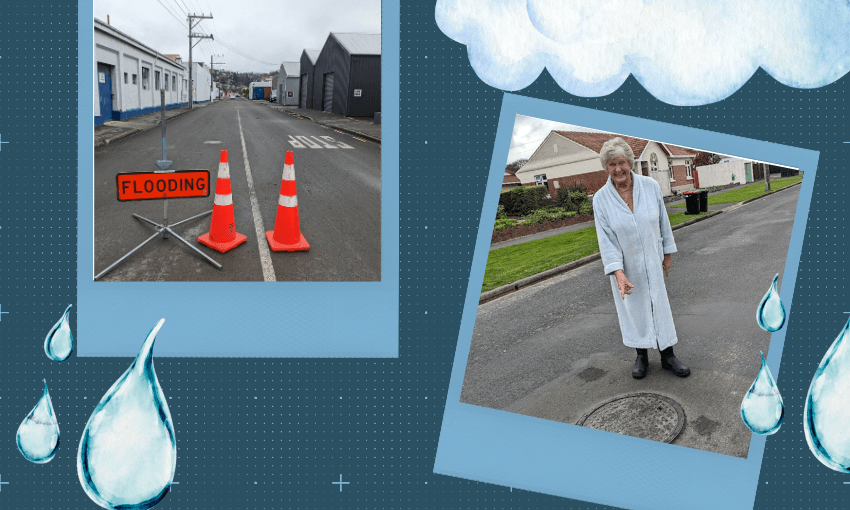The Government has today announced a significant boost to New Zealand’s publicly funded media in an effort to ensure Kiwis have access to media that produces world-class content.
Minister for Broadcasting and Media Willie Jackson says it is important that New Zealand can deal with cost-of-living issues and cyclone recovery while also investing in local media.
RNZ will receive an annual increase of $25.7m, including $12m to maintain public media services, $12m for a new digital platform and $1.7m for AM Transmission.
NZ On Air will also receive a $10m increase for 2023/24 which will focus on reaching new audiences.
This injection of funds will mean a total saving of $364.7 million over four years compared to the merging of RNZ and TVNZ which was called off earlier this year.
“We have listened to New Zealanders and now is not the right time to restructure our public media. However the changing media landscape, increased competition, changing audience demands, and declining revenue pressures facing our public media are not going away,” Minister Jackson says.
“Supporting RNZ to provide public media services and to meet the needs of all New Zealanders in the digital age is critical. That’s why we are committing $25.7 million (annually) to ensure RNZ is financially sustainable for the future.”
$1.7 million per year will ensure RNZ continues as a critical lifeline utility in civil defence emergencies. This investment will support RNZ’s AM Transmission services so lifeline services can be provided on platforms people can access during times of emergency.
“As we have seen over the past few years, and in particular during the recent severe weather events, RNZ is a crucial lifeline utility in civil defence emergencies and is one of the places New Zealanders can turn to for reliable, up-to-date, accurate, and emergency information.”
Senior Lecturer of Communication Studies Dr Greg Treadwell says the news of the funding boost for RNZ is positive and is something the media industry has been waiting for since plans for merger were abandoned. However he says the news should not be overstated.
“RNZ has been underfunded for a long time now. What they produce with minimal funding is outstanding but New Zealanders need and deserve more from the public media sector.
“In my view, this funding boost addresses the longstanding shortfall to some extent but shouldn’t be viewed as a major, nation-changing investment. While it was politically expedient for Labour to scrap the so-called merger and the bill written to create it was indeed flawed, I think there is still a need for a rethink on the structure of our public media. We may have to wait till it suits the politicians, and who knows now when that will be, but the situation the media faces at the moment – losing public trust and struggling financially – needs to be solved for all our sakes. A new public media entity has a chance to do that.”





















Discussion about this post